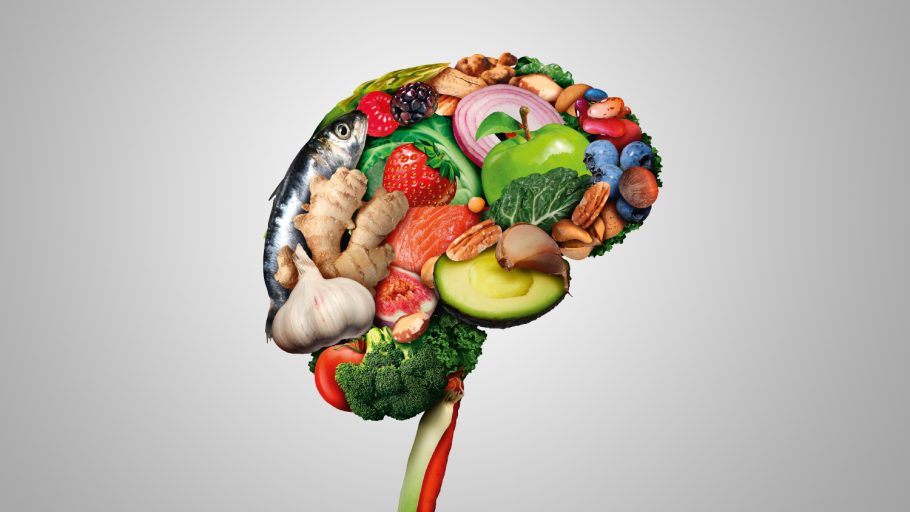WFH has led to a rise in stress levels, and ultimately, we are now seeing physical and mental health with equal importance for overall wellbeing. Proper nutrition improves our ability to think and reason, memory, concentration and other cognitive abilities. Nutrients are responsible for increasing the amount of neurotransmitters that we have. This regulates our mood, behavior, depressive or anxious state, and even, sleep.
Nutritionists emphasize that the most important strategy is to follow a healthy dietary pattern that includes fruits, vegetables, legumes and whole grains. Try to get protein from plant sources and fish, and choose healthy fats, such as olive oil or canola, rather than saturated fats. Certain foods are particularly rich in wholesome components like omega-3 fatty acids, Vitamin B, and antioxidants, which are known to enhance brain health.
- Top your plate with green leafy vegetables as greens are the number one missing food from American diet. Load your meal with spinach, kale, broccoli and other leafy green vegetables, which are rich in many brain-loving nutrients.
- Relish delicious berries this season including blueberries, raspberries, cranberries and blackberries that are packed with antioxidants. They can potentially slow aging in the brain and elsewhere.
- Whole grains satiate your palette. Oats, barley, and quinoa are rich in many B vitamins that work to reduce inflammation of the brain, potentially preserving your memory.
- Indulge with dark chocolate if you need an excuse to splurge on some cocoa (a less-than-stellar mood is a good reason). Dark chocolate contains flavonoids, which are strong antioxidants. They potentially improve blood flow to the brain and reduce inflammation. Unsweetened cocoa powder offers the greatest benefit, followed by dark chocolate with at least 72 percent cocoa solids.
- Toast to good health by drinking red wine in moderation, as recommended by your physician. Resveratrol, found in red wine and the skin of red grapes, is a potent antioxidant. Resveratrol can possibly reduce cell damage associated with aging and may protect against the formation of damaging plaques in the brain.
- Add herbs and spices such as turmeric, cinnamon and ginger to your diet. They are packed with antioxidants that may decrease harmful inflammation in the brain and elsewhere. The strong flavors and the bright, intense colors can help you benefit your immunity as well.
- Select salmon and sardines. About 60 percent of your brain is made of fat, and half of that fat is the omega-3 kind. Your brain uses omega-3s to build brain and nerve cells, and these fats are essential for learning and memory. Salmon, trout and sardines are all rich sources of omega-3 fatty acids in foods, and often top the list as brain food.
- Savor eggs in moderation. Rich in protein and vitamins B, D and E, eggs may help improve memory. You can reap the benefits of these vitamins, while keeping your cholesterol to a minimum by mixing whole eggs with egg whites to round off your omelet or scrambled eggs

